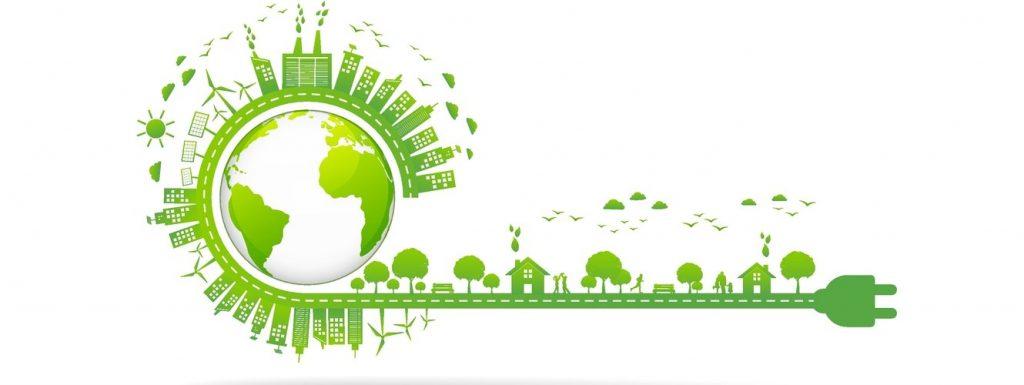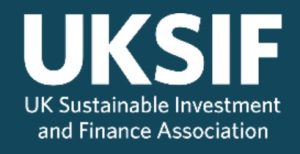Net Zero Transition Guidelines for Enterprises
Institutional Investors Group on Climate Change (IIGCC) has issued a guidance on net zero transition for enterprises, aiming to provide enterprises with practical carbon emission reduction measures and provide long-term stable returns based on meeting the 1.5-degree Celsius target of the Paris Agreement.
IIGCC believes that the most widely used Net Zero Investment Framework (NZIF) is only applicable to a small number of enterprises, while investors may hold hundreds of samples in their asset portfolios. The proposed enterprise transition guide covers a wider range and can improve the consistency of net zero transition.
Overview of the Net Zero Transition Guidelines
In the process of formulating the net zero transition plan, IIGCC considered the following aspects:
- Simple and practical: The content involved in net zero disclosure is complex and requires effective implementation guidelines;
- Robust and scientific: The net zero plan needs to comply with scientific identification and adopt widely recognized models;
- Strategic and flexible: Different companies have different development characteristics and need to match different net zero plans;
- Disclosure and evaluation: improve the consistency of disclosure and enhance the credibility of the evaluation process of the net zero plan;
- Focus on transition risks: The net zero plan focuses on the carbon emissions and transition risks of enterprises in the supply chain;

IIGCC’s corporate net zero transition plan conforms to NZIF, and includes individuals with high and low impact. The Net Zero Transition Plan consists of five components:
- Comprehensive net zero emission targets;
- Credible strategy to achieve the targets;
- Specific measures to achieve the targets;
- Contribution of climate solutions;
- Disclosure standards and accounting;
IIGCC stated that the guidelines for net zero transition of enterprises issued this time did not consider issues such as nature and biodiversity, because these areas are still at an early stage of development and lack consistent standards. At the same time, the guide to net zero transition focuses more on the strategic level and involves less specific practical operations.
Interpretation of the Net Zero Transition Guidelines
IIGCC has conducted specific analysis of the previous five parts:
Comprehensive net zero emission targets: The net zero emission targets established by enterprises should include directly generated emissions (Scope 1), indirectly generated emissions (Scope 2), and supply chain emissions (Scope 3). Complete emission targets can reduce financial risk. Companies also need to consider aligning their emission reduction targets with global climate benchmarks and developing net zero plans based on corresponding time points (such as 2035 and 2050);
Credible strategy to achieve the targets: Companies need to clarify how to achieve their established emissions targets, such as using quantifiable actions, operational level emissions, subsidiary goals, funding classification, and carbon neutral technologies to develop a net zero plan. These aspects can help enterprises confirm the feasibility of the net zero plan to stakeholders and attract investors to invest in the net zero plan;
Specific measures to achieve the targets: After formulating strategies, enterprises need to take specific measures to fulfill their net zero commitments. For example, reduce the carbon emission intensity of procurement and sales in the supply chain, or evaluate the emission reduction situation of upstream and downstream partners;
Contribution of climate solutions: In order to achieve the net zero target, companies also need to increase investment in low-carbon technologies and infrastructure to reduce the impact of current energy price increases. Enterprises need to strengthen investment in low-carbon production capacity to achieve the conditions required for net zero transition;
Disclosure standards and accounting: Currently, enterprises still focus on Scope 1 and Scope 2 in terms of carbon emissions disclosure, with less involvement in Scope 3. Enterprises need to strengthen disclosure during the net zero transition to help them effectively measure the development of carbon emission reduction;
IIGCC believes that through the above five steps, investors can assess the transition risks and actual progress of enterprises, and provide assistance in optimizing capital allocation.
Reference:





